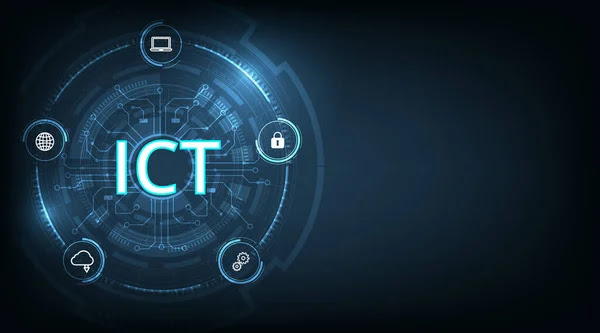OpenAI has responded to privacy and intellectual property concerns arising from data collection on public websites by introducing a new web crawler tool called GPTBot. This technology aims to gather public web data transparently and utilize it for training their AI models, all under the umbrella of OpenAI’s banner.
GPTBot’s user agent aims to amass data that will contribute to refining future AI models. During this process, GPTBot will omit sources that necessitate payment. However, it’s important to note that some collected data may inadvertently contain identifiable information or text, violating OpenAI’s policies.
OpenAI recognizes the need to provide website administrators with options concerning GPTBot’s platform access. Granting access is perceived as a collaboration in improving the precision of AI models, ultimately enhancing their capabilities and reinforcing security measures. Conversely, OpenAI has outlined a procedure for those who prefer not to include their websites in GPTBot’s data collection efforts. This guidance includes incorporating GPTBot directives into the website’s robots.txt file and configuring its access to specific content segments.
OpenAI has released the IP address range linked to GPTBot’s activities to achieve greater transparency. This release not only aids in identifying the bot’s actions but also provides the means to block its access if necessary.
These transparency initiatives underscore OpenAI’s response to criticism faced by AI model operators accused of gathering data without explicit consent. The prevailing sentiment holds that the industry’s practices have potentially infringed on intellectual property rights and privacy protections by harvesting content from public websites without proper authorization. This, in turn, has prompted a call for AI entities to offer more comprehensive opt-in and opt-out mechanisms, allowing website owners and data custodians to have a say in whether their content is used.
Kickstarter’s fundraising platform recently introduced AI endeavors regulations in a related development. Among these regulations, a significant requirement mandates that projects leveraging external data sources must provide evidence of proper licensing agreements and consent obtained from the source websites. Projects that fail to fulfill this obligation will be ineligible for listing on Kickstarter.
In the coming week, OpenAI is expected to undergo a major overhaul, marked by the transition of the foundational ChatGPT layer to GPT-4. Furthermore, enhancements to the Code Interpreter plugin will include support for uploading multiple files to prompts, reflecting OpenAI’s commitment to continuous improvement and innovation.


